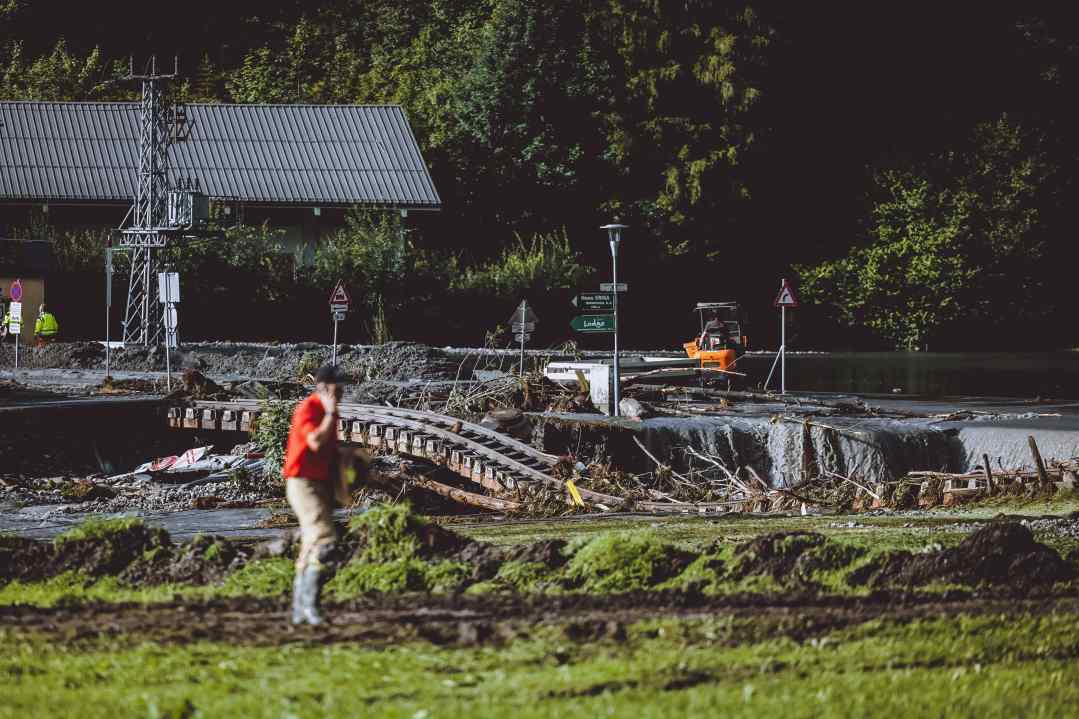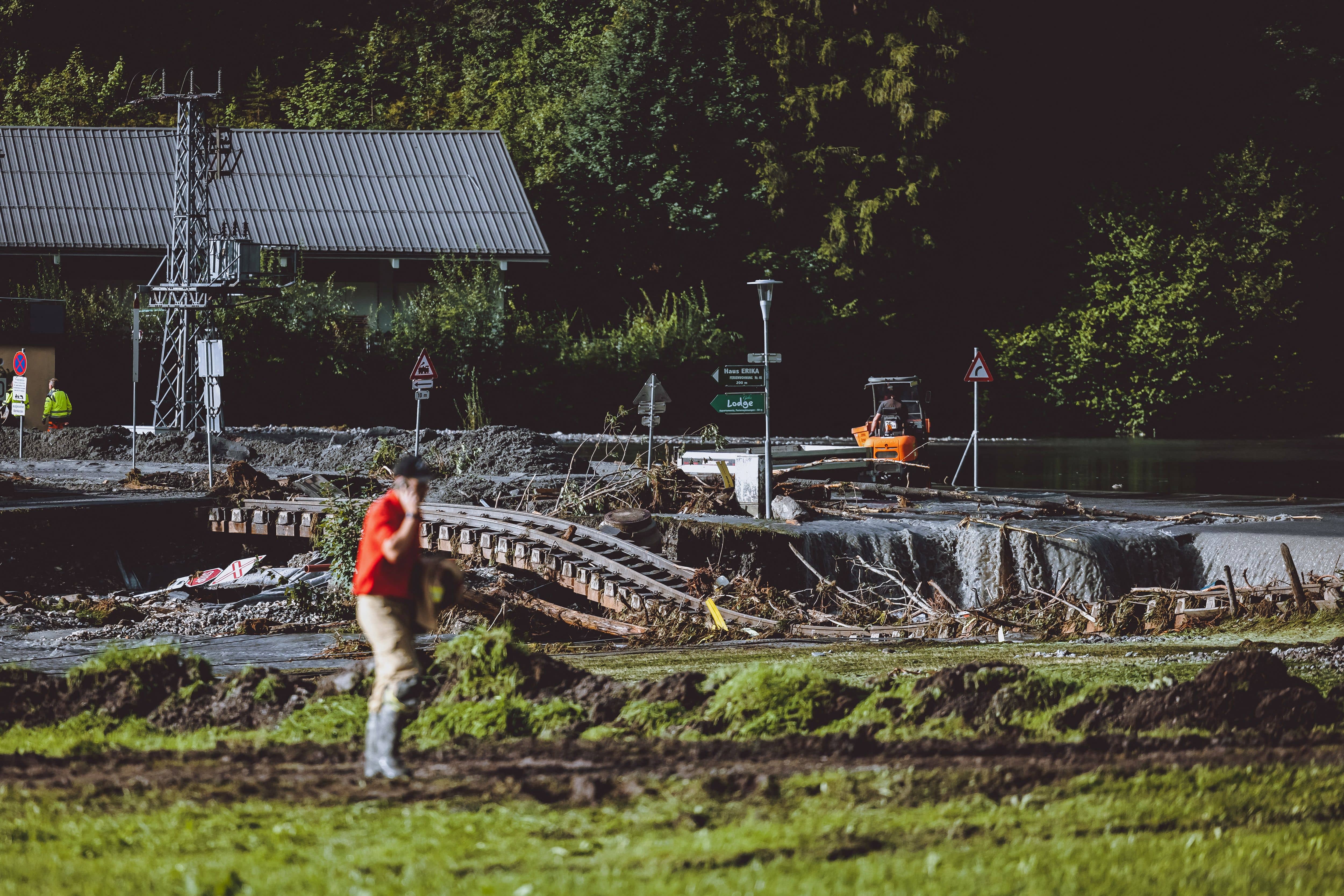As a study in how hysteria develops, the reporting of World Weather Attribution study into last month’s floods in the Rhineland could hardly be bettered. You will no doubt have heard or seen headlines over the past couple of days claiming that climate change made the floods ‘up to nine times’ more likely. Some even ran without the ‘up to’ — such as the Times, which reported with apparent confidence: ‘Deadly floods nine times likelier in warmer climate’.
What ordinary readers are less likely to have done is to have read the study itself. Needless to say, it paints a very different picture of the event and any causal link with climate change. The ‘nine times figure’ comes from analysis of rainfall intensity in the localised Meuse and Ahr areas over a two day period, the 13 and 14 of July, when a small area of southern Belgium and northern Luxembourg received more than 175 mm of rain. It attempts to model the likelihood of such weather occurring now as compared to the late 19th century when average global temperatures were around 1.2 Celsius lower. Using several different models, (all based on the observation that air can carry around 7 per cent more moisture for every extra Celsius of temperature) it concludes that such rainfall is between 1.2 and nine times as likely to occur now. In other words, the ‘nine times’ figure is the extreme upper limit of a range so wide that it really ought to cause anyone to question the usefulness of the analysis.
The authors admit that their analysis ‘pushes the limits of what current methods of extreme event attribution are designed for’
Indeed, the authors admit that their analysis ‘pushes the limits of what current methods of extreme event attribution are designed for’. The range could equally have been used to claim that a warmer climate had made such a severe rainfall event 20 per cent more likely — but I guess that wouldn’t have sounded as exciting. The study also tried to model a future in which global temperatures are 0.8 Celsius warmer than they are now — and concluded that the likelihood of such damaging rainfall will then increase by a further 1.2 and 1.4 times (20 to 40 per cent). Incidentally, the study lists the years in which serious floods have previously occurred in the Ahr region: 1804, 1888, 1910, 2016. If climate change really has increased the risk of deadly floods ninefold, it hardly shows up in that series of dates.
The study also attempted to model the intensity of the maximum rainfall event likely to occur during the summer season in these river basins. It concluded that rainfall intensity is likely to have increased by between 3 and 19 per cent since the late 19th century when global temperatures were 1.2 Celsius lower than now. Again, I guess ‘German floods caused by rain 3 per cent heavier than in the past’ wouldn’t have made much of a headline.
But the Rhineland floods were about more than just very heavy rainfall. As the study acknowledges, they were partly a result of the ground already being saturated on 13 July following weeks of higher-than-average rainfall. The World Weather Attribution study (which is a joint project by the University of Oxford, the Royal Netherlands Meteorological Institute and the Red Cross Red Crescent Climate Centre) makes no attempt to model the likeliness of these ground conditions occurring now as compared with the past, but as I revealed here in July, climate models have tended to predict drier summers for the Rhineland. If they are correct, then the preconditions for last month’s floods — wet ground — ought to be declining as the climate warms, at least partly offsetting any threat from one-off events of high rainfall.
Not that one can really expect any of this to sink in as the sense of panic increases up to the COP26 conference. Never mind the caveats, the uncertainties, the rogue extremes produced by climate models, the only message that will have gone down among the public will be that climate change has made deadly floods nine times more likely — and anyone who questions that is, of course, a ‘denier’. Such is the power of hysteria.








Comments